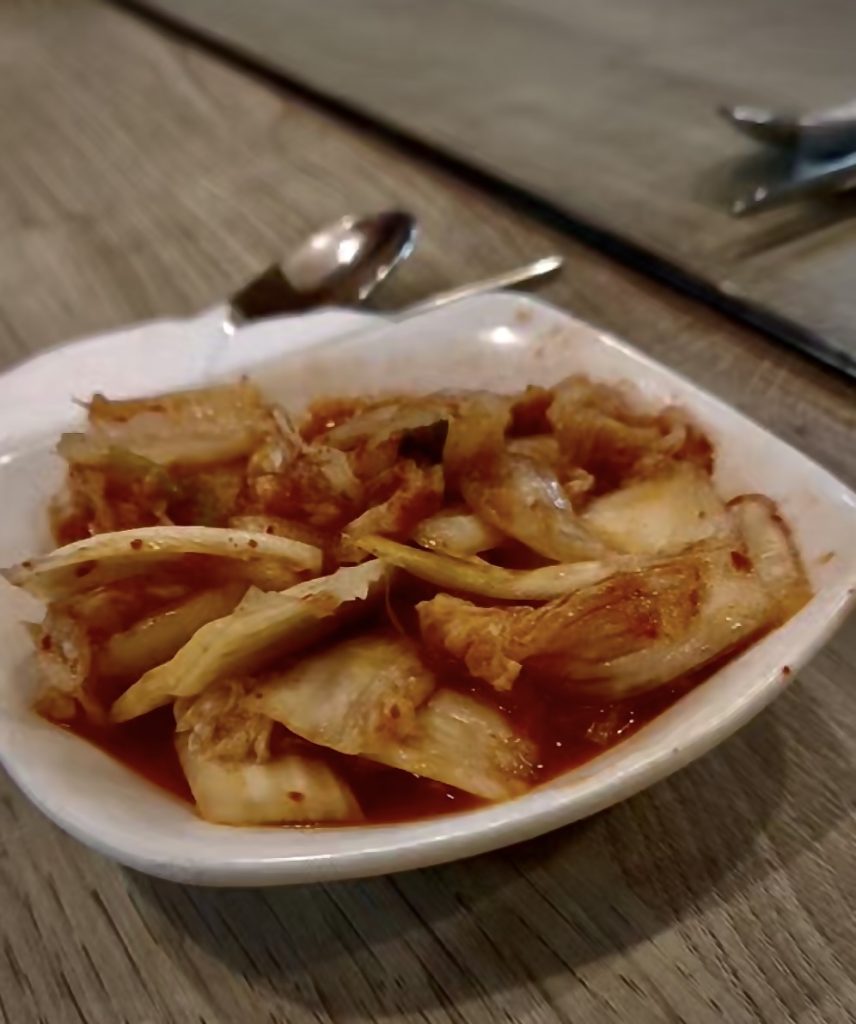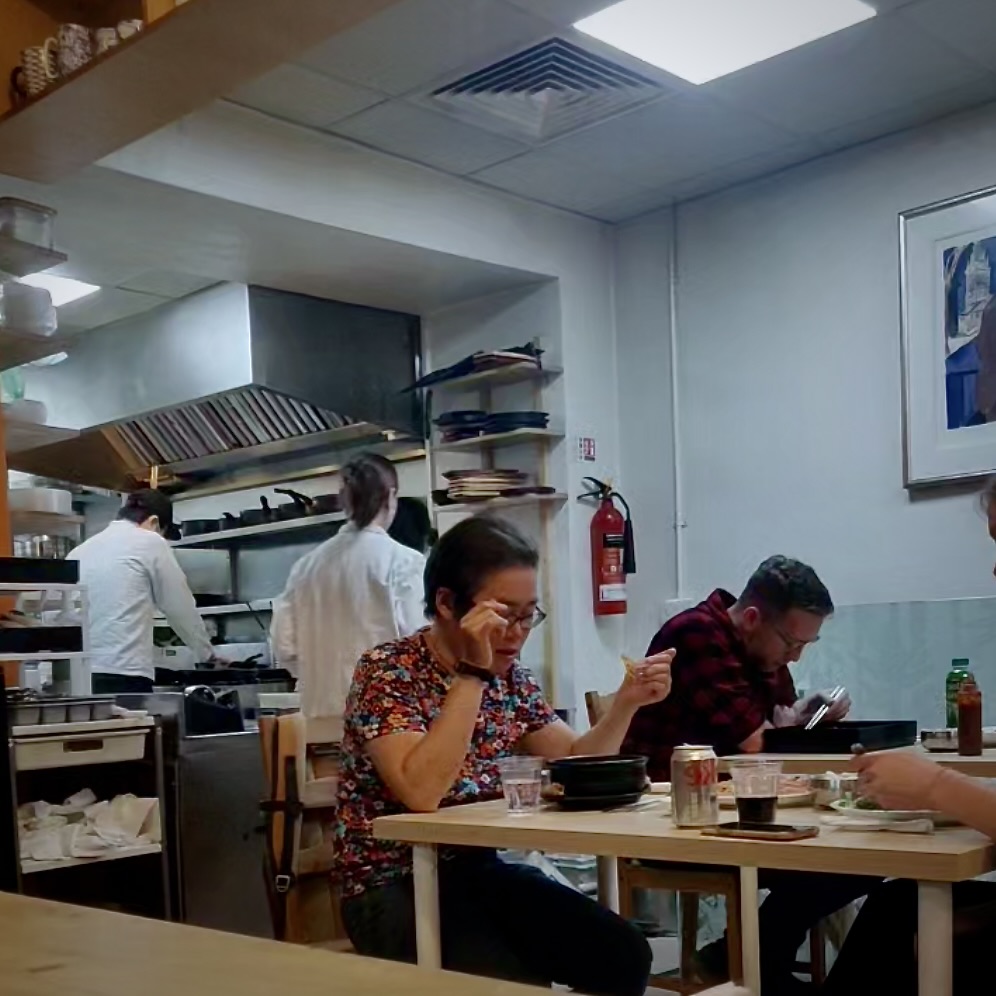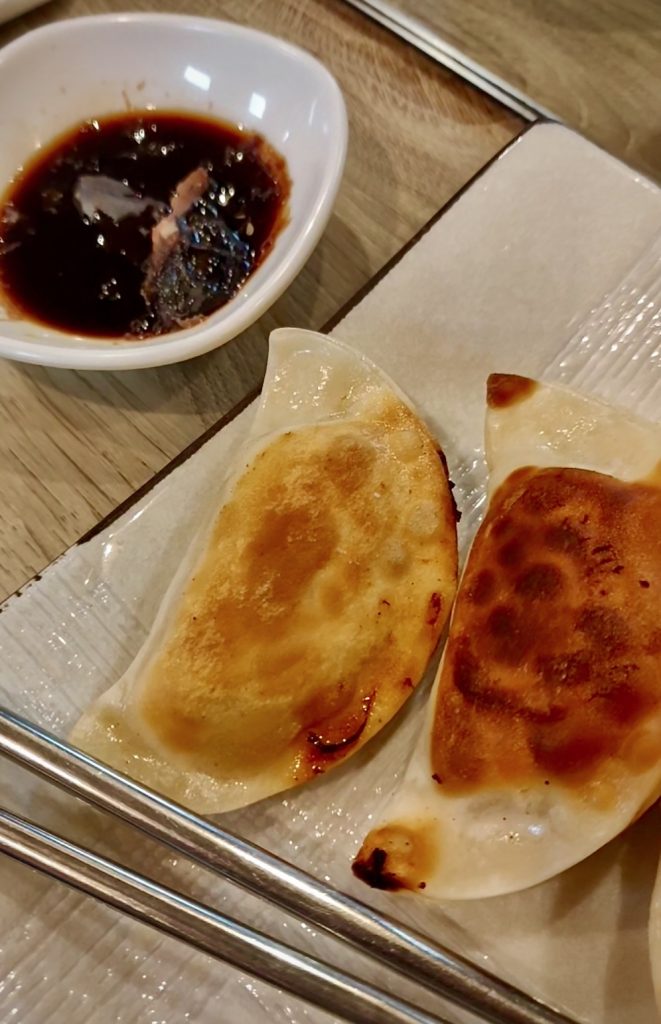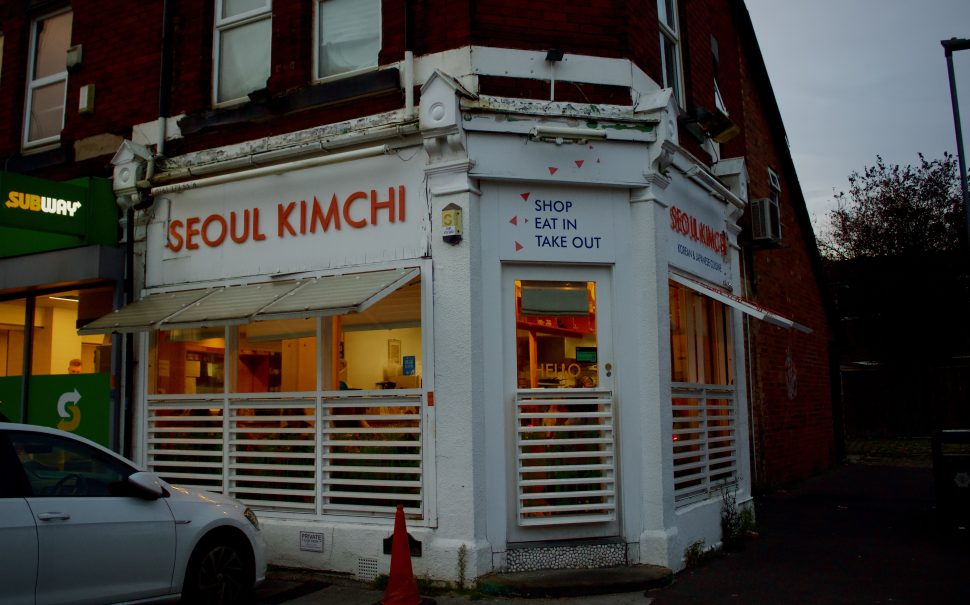Seoul Kimchi started as a small family-run restaurant behind the Manchester Royal Infirmary (MRI) in 2008, but it’s now grown to develop a community with Manchester students.
Separated from Oxford Road by a substantial 10-minute walk, bordering a run-down garage and a Tesco Express, the restaurant stands out with its clear white walls and orange hoarding.
Jash, an international student, says: “From outside Seoul Kimchi looks like just another takeaway – but when you eat their food you get a unique flavour. Something you won’t find anywhere else in Manchester.”
This has led to the Korean restaurant gaining a cult following with the students of Manchester.
Beginnings
The restaurant came to life as a dream of Byunghee Kwon after she was annoyed by the lack of spices in Mancunian food.
Byunghee came to study in Manchester from South Korea in 1997. Soon she realised that Manchester lacked Korean spices – even in its Korean food.
In her head, she firmly believed: “There needs to be better Korean food in Manchester.”
The low point when she ordered kimchi from a Korean restaurant in Salford: “That kimchi was the wateriest version of kimchi I have ever eaten,” she said.
Byunghee decided to take matters into her own hands – so in 2008 she bought out a corner shop behind the MRI and opened her own restaurant.

The restaurant was named: Seoul Kimchi.
Byunghee named it to commemorate her experience with the Salfordian kimchi and the version of the fermented cabbage dish she preferred, originating from Seoul’s Museum Kimchikan.
Since then, her restaurant has been run with the help of her son Min Whi, to the delight of generations of Manchester students.
The restaurant and the community it has created
The Observer’s Jay Rayner criticised the restaurant’s small set-up as “by far the worst table for two I have ever had the pleasure of lunging for.”
It has four squeezed-in tables where another restaurant might put two, with space for six people bordering the kitchen window.
When this was not enough for their growing popularity, they added two tables within the kitchen.
While this lack of space might annoy some, others feel it’s a part of the charm of the venue.
Zöe, a Chinese international student, said: “A lot of the Asian population comes from really cramped spaces. Back home, we use every inch of space that is available to us.
“For us, this is a taste of home.”
On any given date, you can look around the restaurant and see international students catching up with each other, with their backs against a nervous couple on their first date, opposite a pair of colleagues deep in discussion. All the while the kitchen is animated and filled with the sound of woks throwing up rice.

Byunghee Kwon and Min Whi, along with their other staff, call themselves “aunty and uncles”. In Korean those words don’t always mean family members but close family friends – so it’s the perfect term for the close relationships they develop with some of their customers.
Jasmine, another restaurant goer, calls herself Seoul Kimchi’s ‘biggest fan’. She claims that over the years she has become close to Byunghee, and that has only increased her love for the venue.
“There is something special about Kwon asking me about my job every time I meet her. She is an aunty to me.”
Food and flavours
Byunghee Kwan began this restaurant for one reason: flavour.
Her goal was to give Manchester something that the city hadn’t had the chance to experience yet. In that she was successful.
She brought the fiery kimchi, exceptional bibimbap and bento boxes to Manchester.
Even the critic of their cramped set-up, Jay Rayner, went on to say: “Yes, it’s uncomfortable, but it’s worth it. This is cheap, gutsy Korean soul food, which will curl your hair with a faint sheen of sweat if you order properly and help the world to settle firmly on its axis.”

The secret according to Min Whi? Authenticity.
He said: “While everyone else aims to grow their restaurant visitors by mellowing on spices, we don’t. We keep it as original as possible. That is what people come to us for.”
Jash comes here purely for the food, and believes that these unique flavours are key to the restaurant’s success.
He says: “They focus on the ‘right amount’ not the ‘white amount’. That’s why I come here.”




